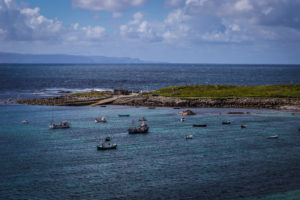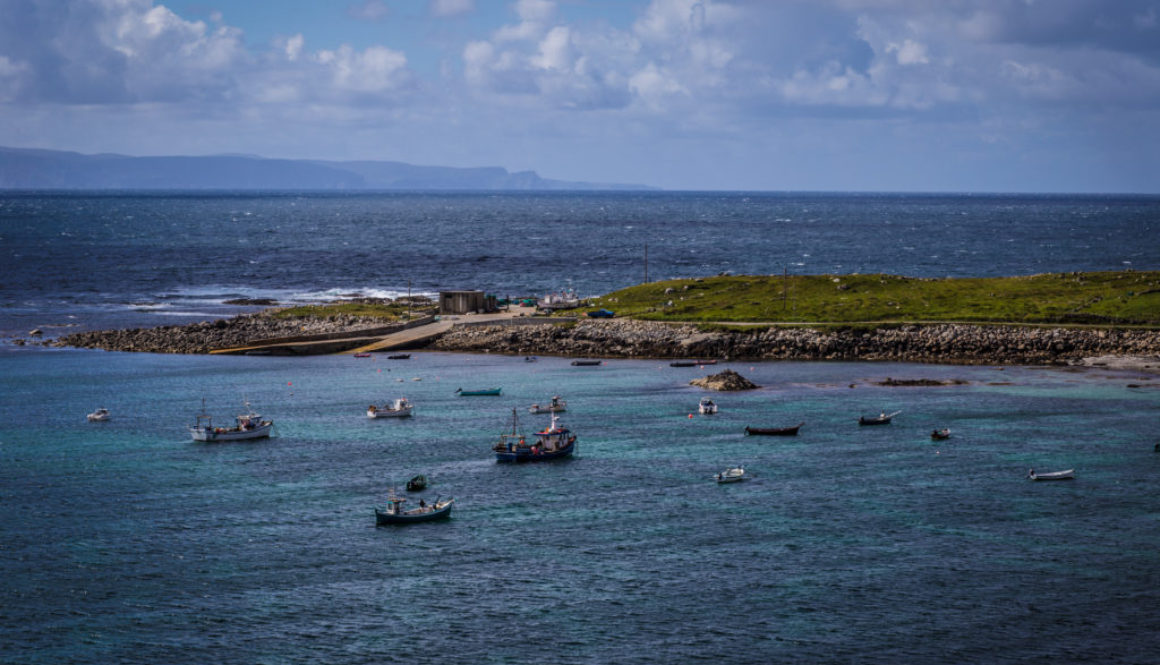LIFE calls to the PECH Committee for historic wrongs to be put right

The CFP has Created a Distorted Sea
Brussels, 28th of november 2019
Brian O’Riordan
For more than 3 decades successive Common Fisheries Policies have discriminated against and marginalised small-scale low impact fishers and their communities, favouring industrialised overfishing.
In a letter addressed to the Chair of the Fisheries (Pech) Committee of the European Parliament, LIFE has called for these historic wrongs to be put right, and for the Pech Committee to provide the necessary leadership to address glaring policy failures.
Five years after the adoption of the reformed Common Fisheries Policy (CFP) and its implementation, the intended improvement in sustainability outcomes for the small-scale low impact fleets across the EU are not being delivered, and the opportunity to harness their potential to achieve wider social, environmental and economic sustainability goals is being squandered.
Small-scale coastal fishers tend to fish in the least environmentally damaging ways to provide the greatest benefits to society.
The reformed CFP is being poorly implemented by Member States, leading to a distortion of the seas. As a result, small-scale fishers are being starved of quota and have to rely on non-quota species. They are also being effectively excluded from the benefits of access to the Producer Organisation (PO) model. This means that the inshore fishing zones are subject to potentially more destructive larger scale intensive fishing operations using trawls, dredges and other towed gears, and with the lion’s share of fishing subsidies supporting larger scale fishing operations.
Small-scale fish producers should be enabled to form their own Producer Organizations – which are described as “the key to achieving the objectives of the CFP” – to facilitate their access to resources, to markets and to decision making processes. The reality however is that Member State recognised POs have almost exclusively become monopolised by larger scale fishing interests who erect barriers of entry to the markets for fishing opportunities, create obstacles to the development of small scale fishing fleet members, and restrict the flow of the benefits of the PO model.
The new EMFAF (2021-2027), if properly directed, could help to turn the situation around. In particular, and as proposed by the European Parliament, funding for Member States national plans should be conditional on preparing an action plan for the development of sustainable and profitable small-scale fishing.
LIFE is convinced that if small scale fishers were provided with the enabling policy environment intended by the CFP and the political will to promote it, small scale low impact fisheries could make all the difference between success and failure in the implementation of the 2014 CFP and in achieving the targets set by the Marine Strategy Framework Directive for Good Environmental Status by 2020.
Next Tuesday 3 December the Pech Committee will debate “a fair deal for small-scale, artisanal and coastal fishermen in the allocation of fishing opportunities” https://www.europarl.europa.eu/doceo/document/PECH-OJ-2019-12-02-1_EN.html. This provides an ideal opportunity to bring small scale fisheries from the periphery to the centre of European fisheries policy.
Access the letter in English here
Access the letter in French here
Access the letter in Spanish here
Access the letter in Italian here
Access the letter in German here
